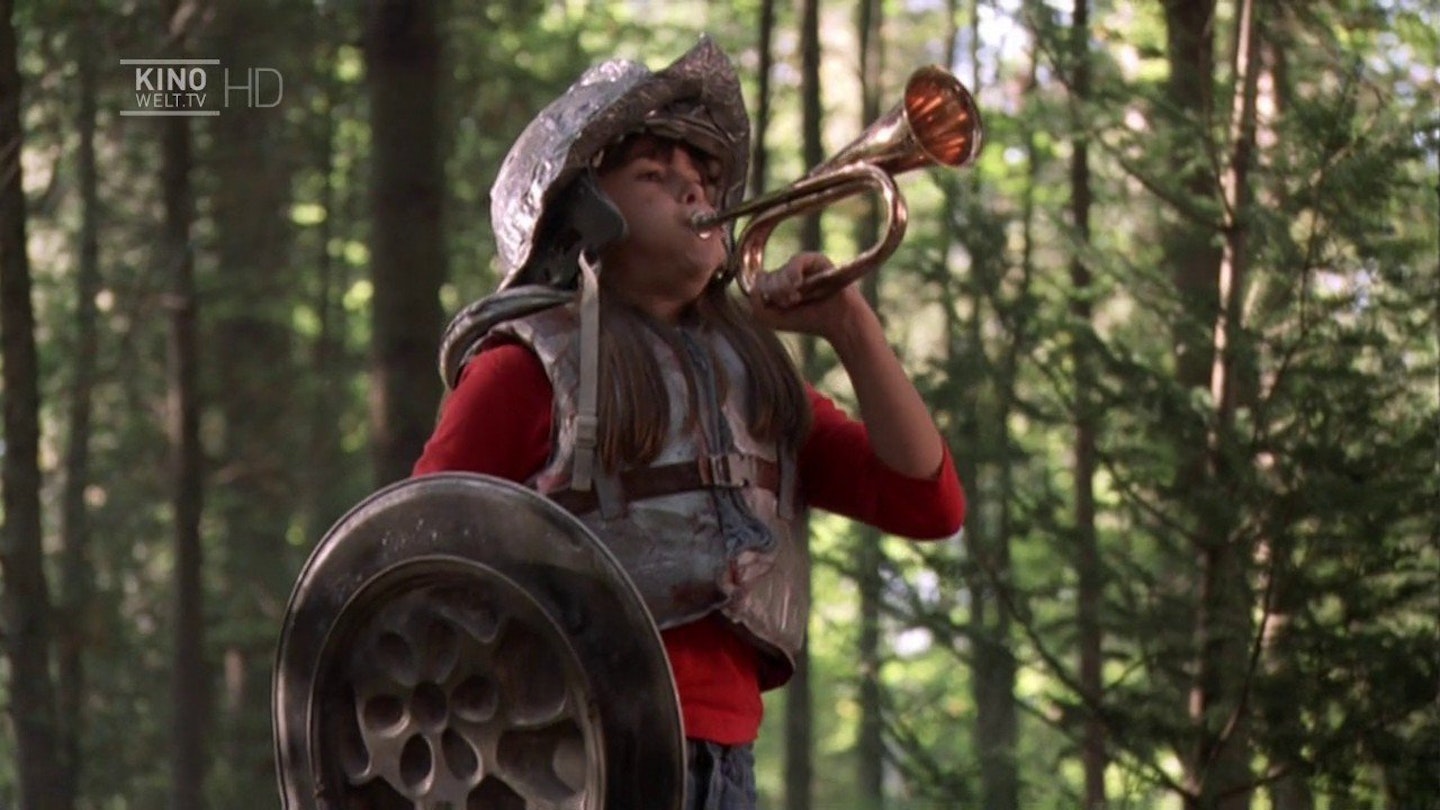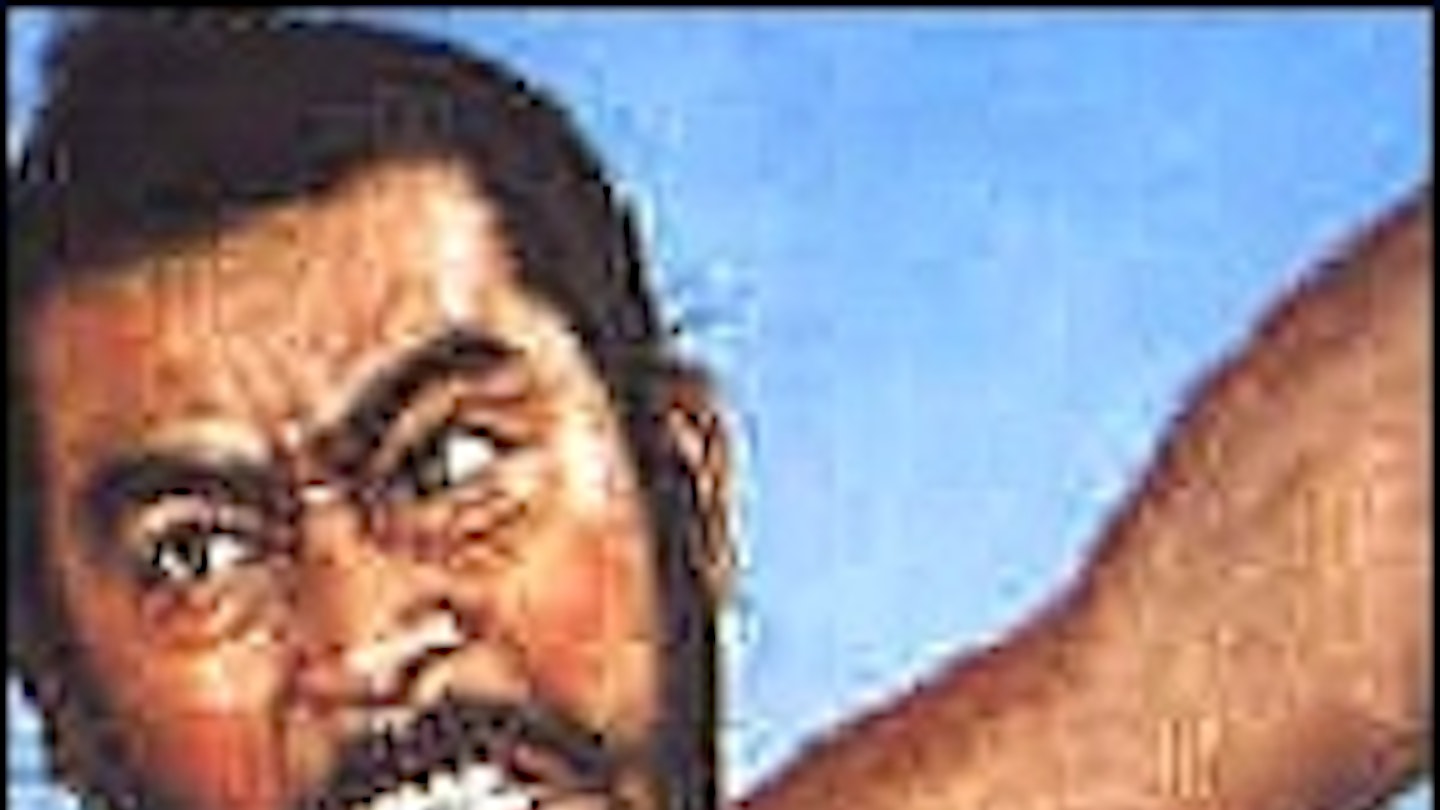This is a picture with one heck of a heritage. It belongs to the chambara style of swordplay movies that were almost ten a penny in 1950s Japan. But this is anything but generic film-making.
Although it's an original story, its structure and music are classic Noh, while its thematic roots lie in the Kabuki play Kanjincho. There are echoes of Fritz Lang's Metropolis in the slave revolt and Olivier's Henry V in the overall spirit of patriotic fervour. Yet Hidden Fortress also clearly demonstrates the director's love of John Ford Westerns, as this is basically a cavalry escort oater. All that's missing is Monument Valley, but the gnarled forest is a more than adequate stand-in.
It's also tempting to see the influence of the Hollywood epic on the proceedings, despite the fact the film opens with such an intimate distillation of the essence of civil war, as the bickering farmers long for reconciliation only after they've been taken into slavery. But pleasingly, there's none of Hollywood's blatant space-filling in Kurosawa's compositions.
The film's influence on swordplay actioners across the Orient is clear, with philosophical codas between the fight sequences. But there's also a touch of the Bollywood masala about it, with the fire festival resembling a lavish production number. Moreover, the debt owed by such recent films as Asoka is plainly evident. Yet its most significant spin-off is Star Wars. A princess and a warrior crossing enemy territory? Tin-plate the farmers and you're there.

